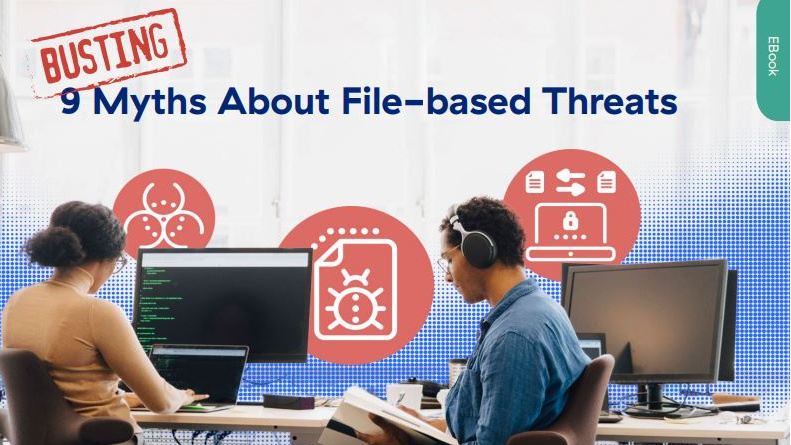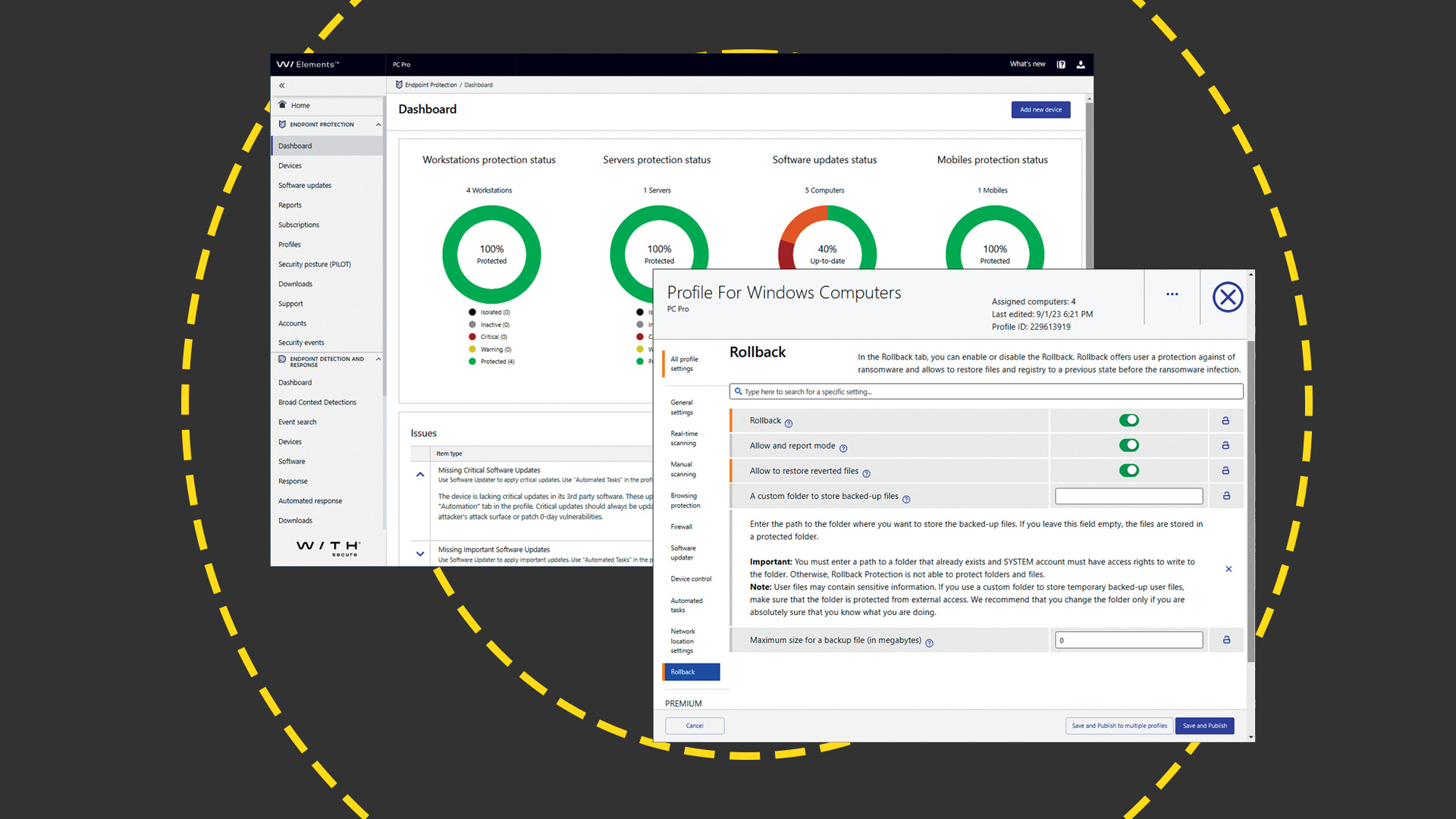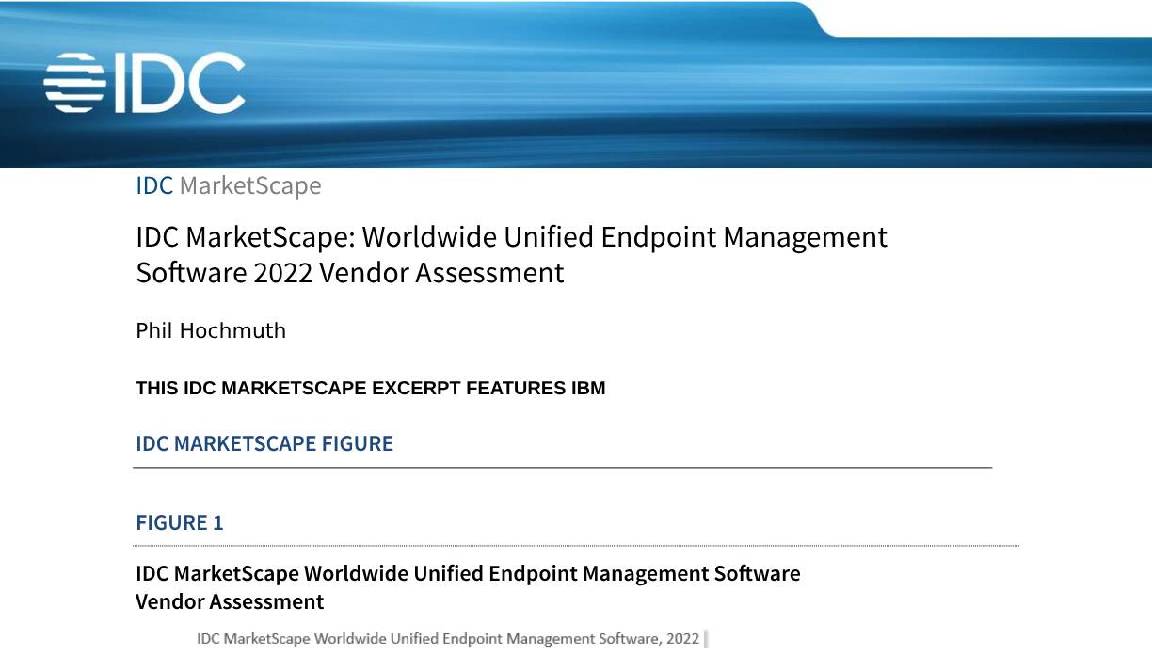Iboss protects web sessions with remote browser isolation
Platform enhancements protect users and sensitive data


Cloud security company iboss has launched three new features to its software-as-a-service (SaaS)-based network security platform, including a new remote browser isolation capability that protects native browsers on high-risk sites.
The remote browser isolation feature activates when users access sites the iboss security platform categorizes as high risk. The feature isolates web traffic between the user and that site using a remote session outside the user's native web browser.
The company said the remote browser isolation feature could secure access to sensitive data in services like Box, Dropbox, and Salesforce from unmanaged endpoints. It also lets users view files without downloading them.
iboss has extended its cloud access security broker (CASB) functionality with an application programming interface (API) that lets the service examine files stored in major cloud services.
This file-examination feature, which currently integrates with Box, Google, and Microsoft 365, generates a list of the files stored in each cloud service to give administrators a clear picture of what data users store on third-party cloud services. It also allows them to test the files for malware and ensure they comply with the platform's data loss prevention (DLP) settings, flagging the file and the user who stored it if there's a problem.
The third addition is a set of additional controls over cloud applications, including Azure, AWS EC2, and GitHub. Administrators can configure triggers to instigate events based on user actions, including blocking access to forbidden sites and applications. This product's CASB controls cover Google applications, including YouTube and Google Drive, and administrators can apply them on a per-user or per-group basis.
The iboss cloud platform secures user connections to cloud services, enabling them to connect directly via a cloud-based gateway rather than tunneling back to company headquarters via a VPN.
Sign up today and you will receive a free copy of our Future Focus 2025 report - the leading guidance on AI, cybersecurity and other IT challenges as per 700+ senior executives
Danny Bradbury has been a print journalist specialising in technology since 1989 and a freelance writer since 1994. He has written for national publications on both sides of the Atlantic and has won awards for his investigative cybersecurity journalism work and his arts and culture writing.
Danny writes about many different technology issues for audiences ranging from consumers through to software developers and CIOs. He also ghostwrites articles for many C-suite business executives in the technology sector and has worked as a presenter for multiple webinars and podcasts.
-
 Microsoft unveils Maia 200 accelerator, claiming better performance per dollar than Amazon and Google
Microsoft unveils Maia 200 accelerator, claiming better performance per dollar than Amazon and GoogleNews The launch of Microsoft’s second-generation silicon solidifies its mission to scale AI workloads and directly control more of its infrastructure
-
 Infosys expands Swiss footprint with new Zurich office
Infosys expands Swiss footprint with new Zurich officeNews The firm has relocated its Swiss headquarters to support partners delivering AI-led digital transformation
-
 Blackpoint Cyber and NinjaOne partner to bolster MSP cybersecurity
Blackpoint Cyber and NinjaOne partner to bolster MSP cybersecurityNews The collaboration combines Blackpoint Cyber’s MDR expertise with NinjaOne’s automated endpoint management platform
-
 Busting nine myths about file-based threats
Busting nine myths about file-based threatsWhitepaper Distinguish the difference between fact and fiction when it comes to preventing file-based threats
-
 The Total Economic Impact™ of the Intel vPro® Platform as an endpoint standard
The Total Economic Impact™ of the Intel vPro® Platform as an endpoint standardWhitepaper Cost savings and business benefits enabled by the Intel vPro® Platform as an endpotnt standard
-
 The Total Economic Impact™ of IBM Security MaaS360 with Watson
The Total Economic Impact™ of IBM Security MaaS360 with WatsonWhitepaper Cost savings and business benefits enabled by MaaS360
-
 WithSecure Elements EPP and EDR review: Endpoint protection on a plate
WithSecure Elements EPP and EDR review: Endpoint protection on a plateReviews An affordable cloud-managed solution with smart automated remediation services
-
 KuppingerCole leadership compass report - Unified endpoint management (UEM) 2023
KuppingerCole leadership compass report - Unified endpoint management (UEM) 2023Whitepaper Get an updated overview of vendors and their product offerings in the UEM market.
-
 The Total Economic Impact™ of IBM Security MaaS360 with Watson
The Total Economic Impact™ of IBM Security MaaS360 with WatsonWhitepaper Get a framework to evaluate the potential financial impact of the MaaS360 on your organization
-
 Unified endpoint management software vendor assessment
Unified endpoint management software vendor assessmentWhitepaper Make positive steps on your intelligent automation journey
